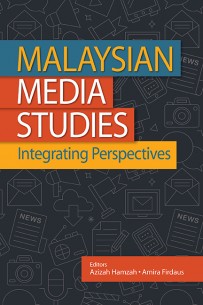This edited volume revisits developments in the field of media education and media studies at a time when society is experiencing a ubiquitous networked, digital media environment. Rapid advances in media and communication technologies and the accompanying developments in social, cultural, political, and economic realms pose unexpected challenges to the curricula of long-established media and communication schools. As opposed to rigidly structured nation-based mass media systems of the past century, the new global media sphere celebrates the breaking down of borders – whether spatial, cultural or social. Today, in the second half of the second decade of the 21st century, this problem translates into what, and how to teach students of media, who in all likelihood, are more adept media consumers and producers, than their teachers. In a region where educational institutions and educators don’t transform as fast as media technologies do, there is a need to problematize, and to reflect upon the situation. This edited volume examines critical issues related to media studies at local institutions of higher learning, and includes a sampling of research charting new directions in local media scholarship. Contributions to this edited volume reflect the shared concerns of media educators and researchers in Malaysia and two neighboring countries, Indonesia and Thailand. Three main themes underscore this volume, reflecting their importance to the evolution of media education, and to a certain extent, research as well:
• Historical development of media education and training
• Current developments and future trajectories of media education in a globalized digital media environment
• Analysis of media and society
Write a review
Your Name:Your Review: Note: HTML is not translated!
Rating: Bad Good
Enter the code in the box below:




